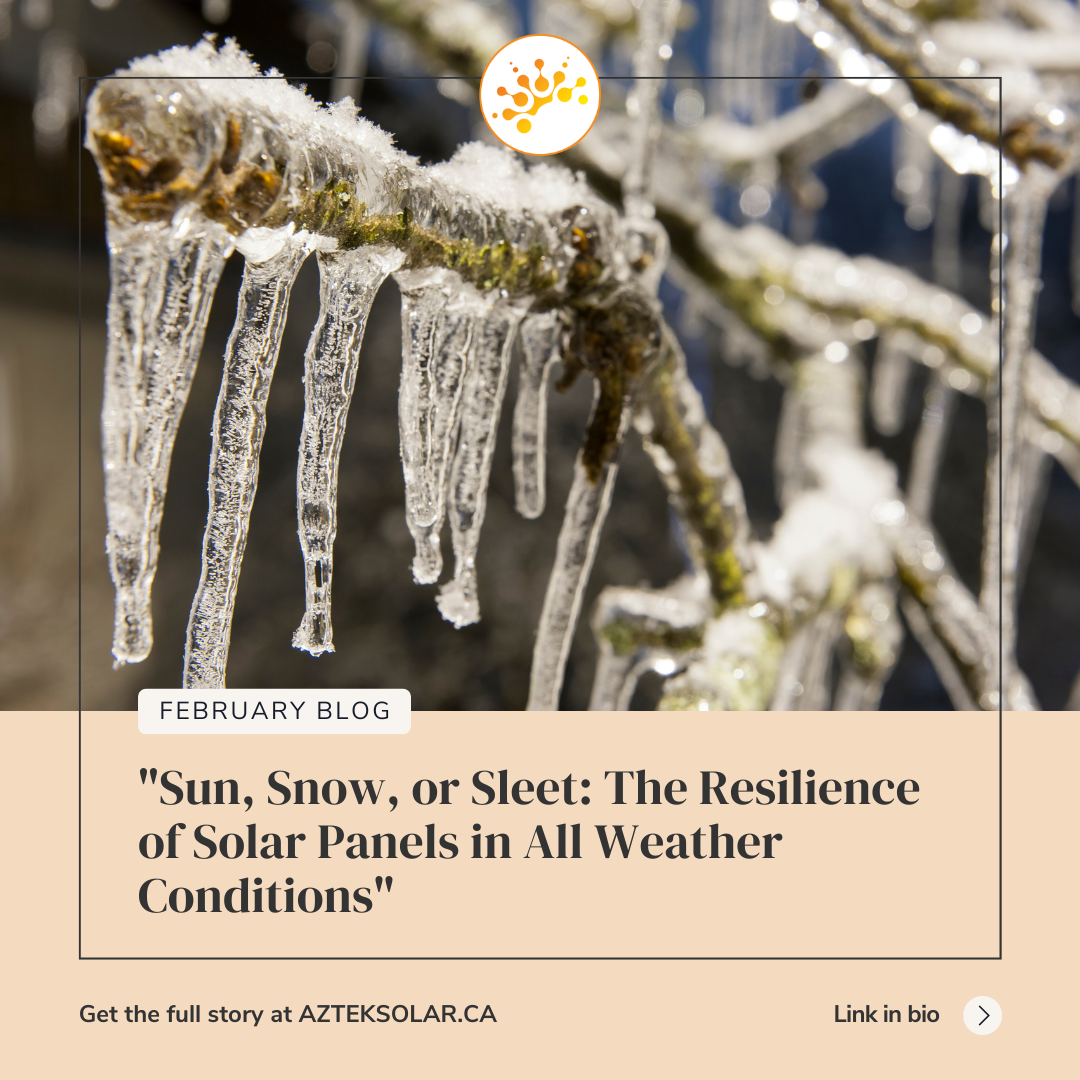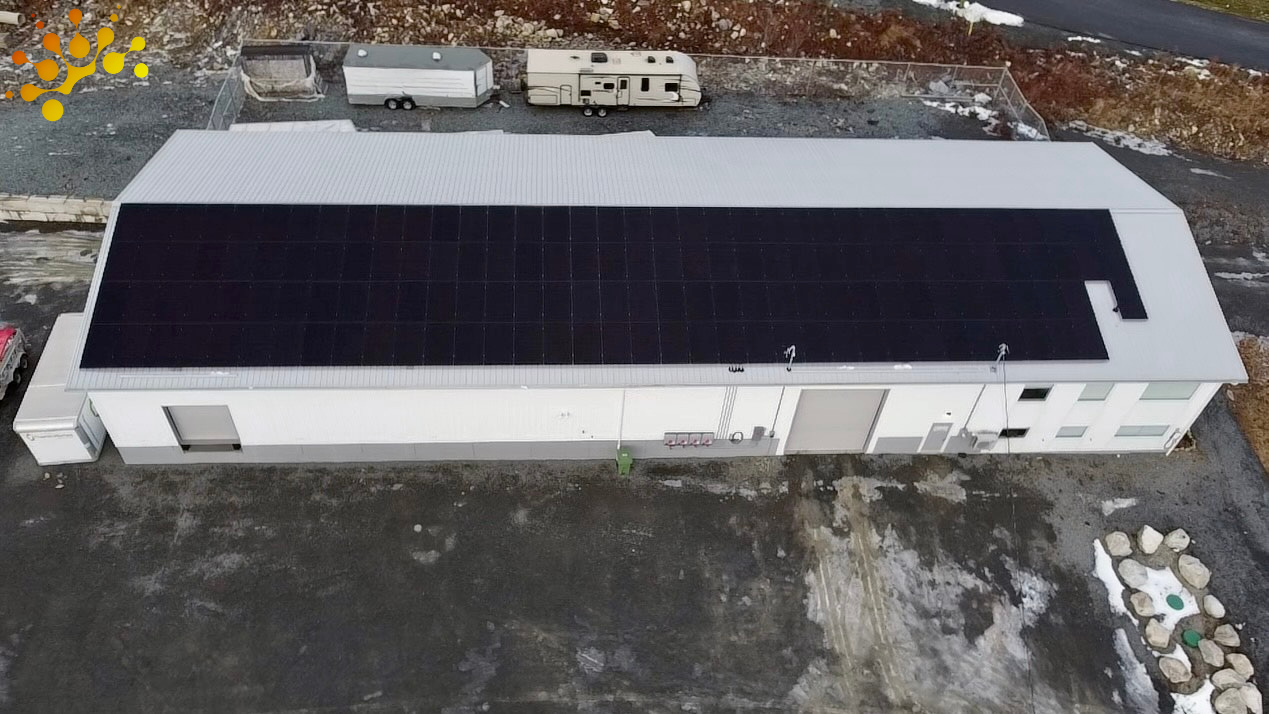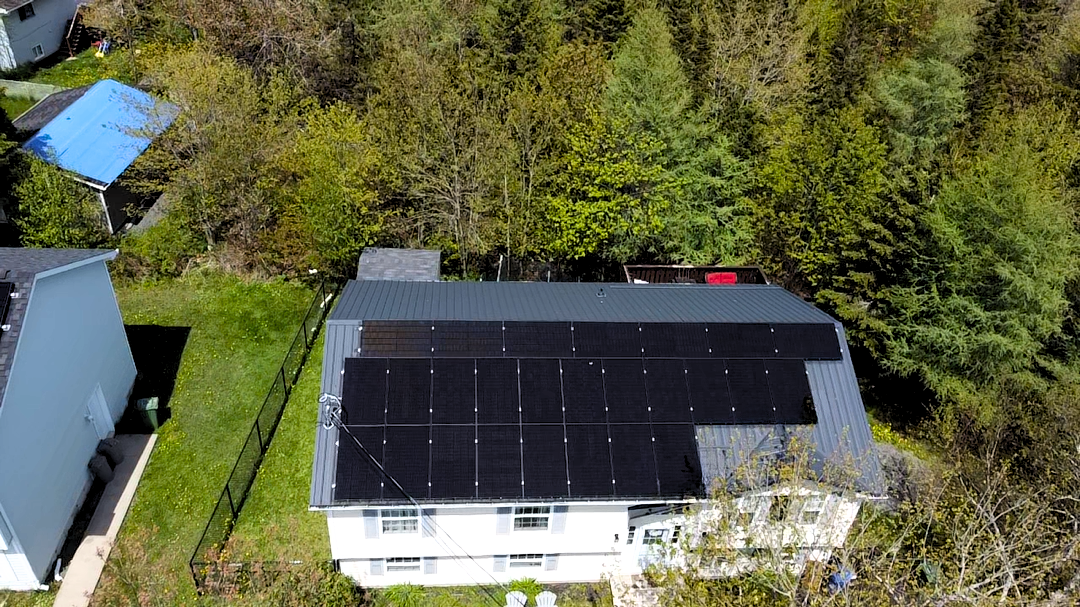In a single day, the sun bathes the Earth with more energy than the world could use in an entire year. While capturing that is a real challenge, each year more and more people turn to solar panels in order to gather what they can. But unfortunately, solar panels are still an expensive addition to your home. So how can you protect your energy-efficient investment? Are solar panels covered by homeowners’ insurance? If they are, how do solar panels affect home insurance rates? Today, we'll shed some light on the subject, so read on!
The Insurance Bureau of Canada points out that insurance coverage is needed to protect your solar investments from loss or damage from theft, fire, wind, loss of income if power-generation is stopped and liability for any damage or loss to a third party.
In addition to the warranties that many companies selling solar panels offer, your investment can be protected by insurance. Most insurers count solar panels as part of the value of the home or business though some companies also offer separate endorsements to better cover this addition.
Once a rooftop solar panel system is installed on your home, it is considered part of your home under most home insurance plans. That means that – in many cases – covering your solar panels under your home insurance won’t create the need for a special add-on (or “rider”), won’t change your plan, and won’t increase your premiums. That being said, every insurance policy is different, which is why you should still call your insurance company to confirm that your PV panels are covered.
While your home insurance likely covers your solar panels, there are a few things to keep in mind:
Your insurance company might require an add-on or separate policy for certain types of solar panel systems
While rooftop solar is typically covered in a standard policy, your insurer may or may not cover other types of installations, such as ground mounted solar panels and solar panel carports. Whether or not these separate systems are covered depends on your insurer’s policy. You may also be able to get an add-on or separate policy if your system is large enough to warrant its own coverage.
Solar is valuable, so you may want to raise your coverage limit
Your insurance policy’s coverage limit is the maximum amount that it will pay towards a covered loss. Solar panels are an investment worth tens of thousands of dollars. While your solar panels are likely covered under your standard home insurance policy, you may want to talk to your insurer about raising your coverage limit. That way, you can be confident that you’re covered for all possibilities.
Your insurer may or may not cover damage caused during the installation process
When you call to confirm that your insurer covers solar panels, ask about whether the coverage extends to the installation process. Qualified solar installers will often offer a workmanship warranty that will cover you in the unlikely event that there is damage to your roof or your solar panels as a result of the installation process.
Regardless of home insurance, use quality solar panels and a well-vetted installer
Solar panels are very durable. Panel manufacturers test their products in real-life conditions and verify that they can withstand both the usual wear & tear and more extreme weather events like high winds, hail, and heavy snow. Your solar equipment will also come with warranties that range in terms and conditions; getting a strong solar panel warranty helps ensure that your system will produce clean, emissions-free electricity for decades.
However, not every solar panel is created equal. Explore multiple solar offers options to find the option that has the appropriate equipment certifications and warranties for your needs. Additionally, spend some time looking for a solar installer that offers a design and workmanship warranty to demonstrate that they stand behind their work.
Aztek Solar is a leading renewable energy company in Nova Scotia, with expertise in residential, commercial and municipal solar energy installations. At Aztek Solar, we have got your needs completely covered. Just give us a call and leave the rest to us.




